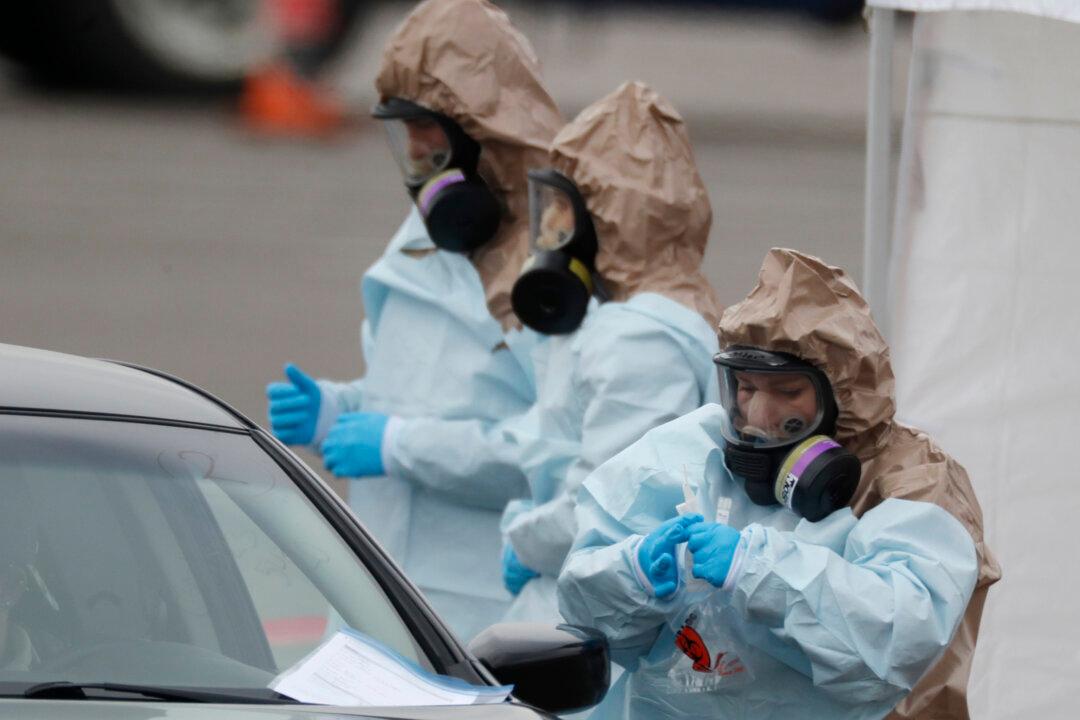Minnesota reported no new deaths from COVID-19 on Monday, marking the first time since March 25 that the state has reported no fatalities from the disease.
The Minnesota Department of Health reported that the state’s COVID-19 death toll remained at 70 on Monday, the same level as on Sunday. Meanwhile, the number of confirmed infections grew by 29, bringing the total COVID-19 case load in Minnesota to 1,650.





